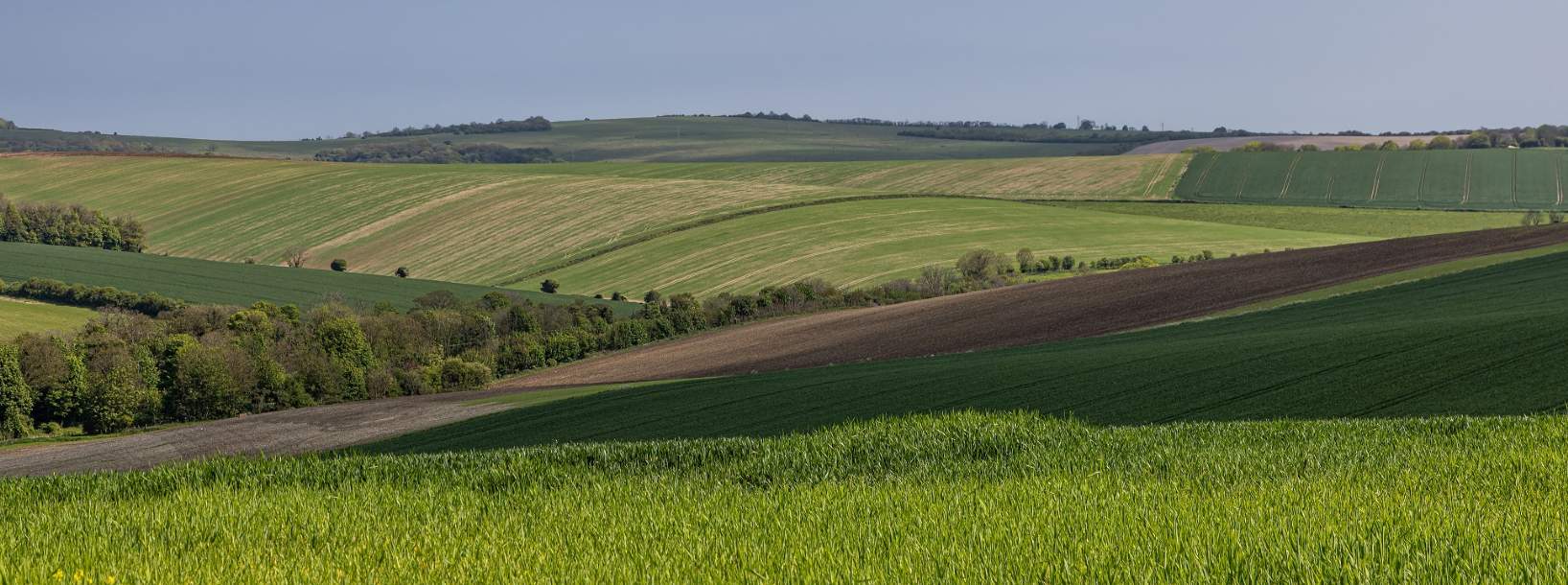Changes to Agricultural Property Relief and Business Property Relief
It would be remiss not to start with the APR/BPR reform though, due to the fact the current Defra Secretary of State, Steve Reed, told delegates at the CLA Conference in November 2023 that “Labour has no intention of changing Agricultural Property Relief”.
For many businesses, APR and BPR was a default position and the reliefs relied upon from the inheritance tax mitigation toolbox. For some farming businesses, this meant succession planning was rarely more than a thought.
Our family farming business falls into the category of reliance and whilst succession planning was discussed, it remained a discussion with no alternative plans installed. With a father at 77 years old these reforms are forcing alternatives to be explored. I fear it is too late for my generation; by the time we get a plan, I’ll be thinking of my own succession planning and that is being cited by the government as a reason for reform.
We need to review the detail of the proposals and we understand there will be a technical consultation early next year around specific impacts on trusts and gifts linked to trusts rather than the concept overall. The implementation will follow in April 2026. However, options could include reviewing the business structure to mitigate any impacts and, the seven year lifetime transfer relief has been unchanged. Where this is not available the options to cover the tax demand include repayment over 10 years interest free or, we may see land being brought to the market to cover the tax burden.
A number of stakeholders in the industry have mooted the idea of the government supporting those older generation farmers with transition times/relief where options for planning are now limited due to their age.


.jpg)

.jpg)
.jpg)
.jpg)
.jpg)


